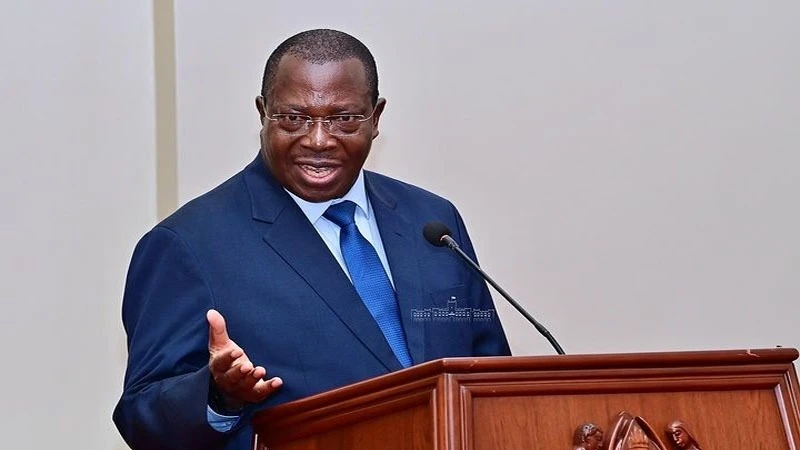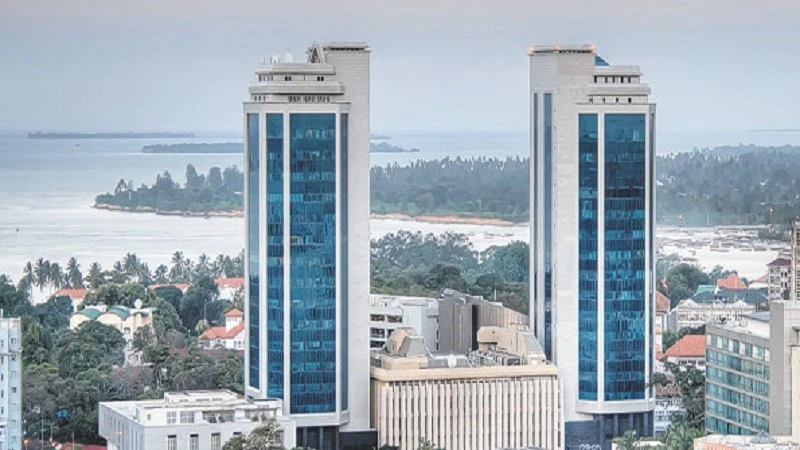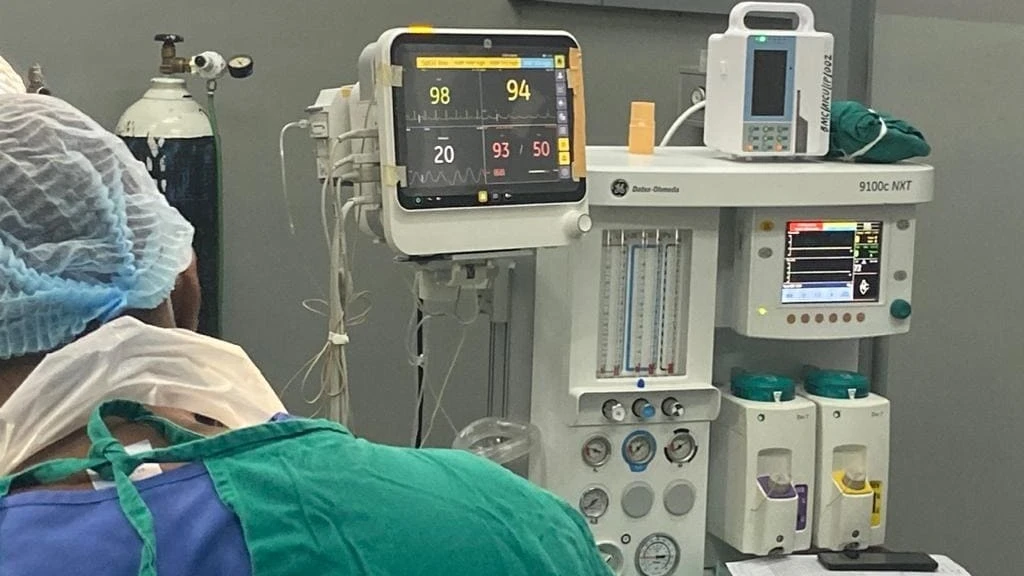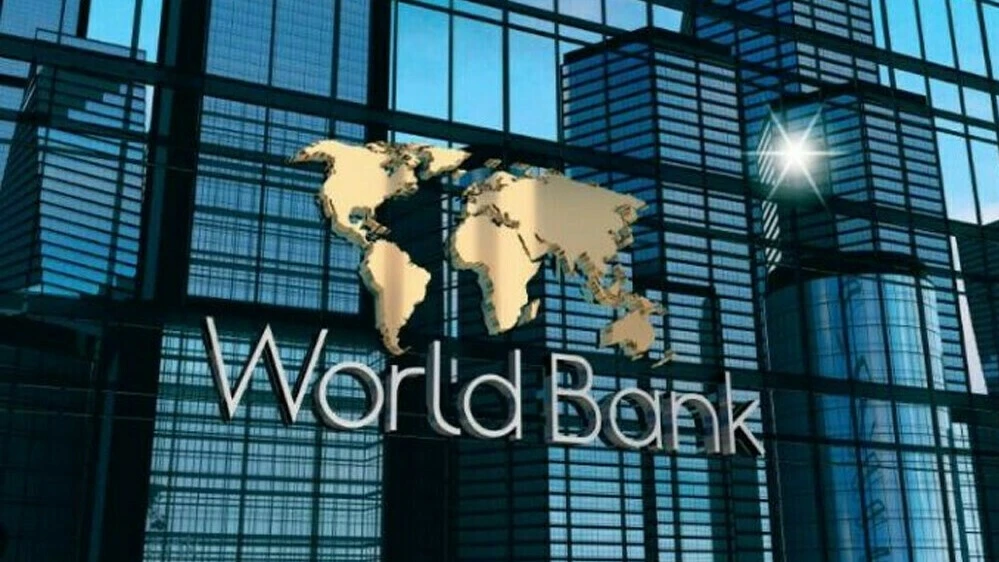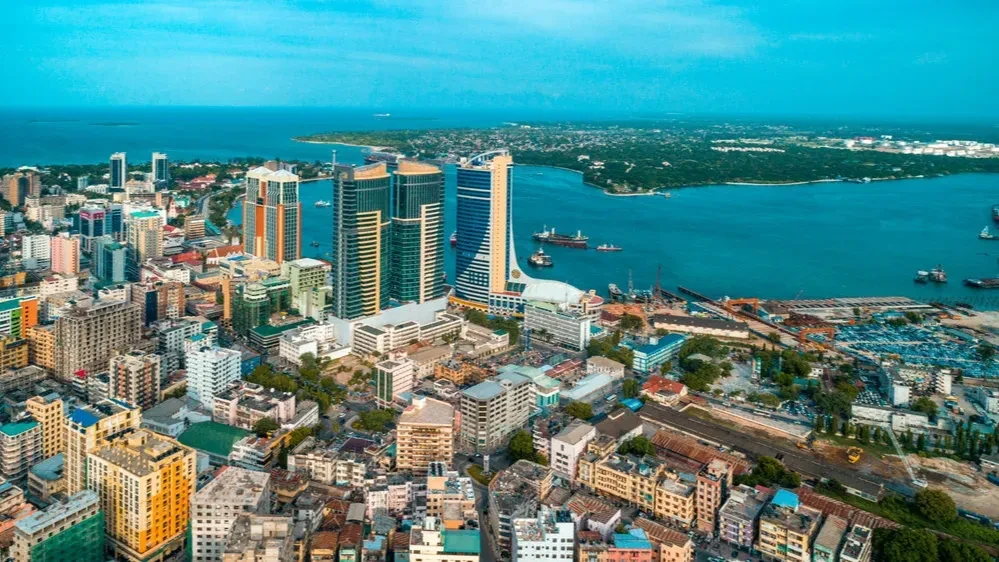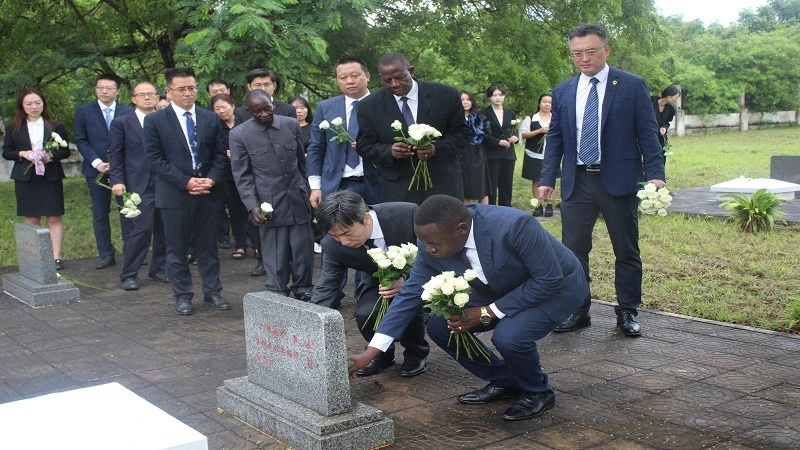African private sector and a few allies won’t cover anti-malaria financing gap

THERE are efforts going on to broaden philanthropic action among African private sector executives or stakeholders, and also activate more European and specifically British interest in the anti-malaria financing campaign. There is a new initiative, Speak Up Africa, tied to the ‘roll back malaria’ (RBM) partnership, the African Leaders Malaria Alliance (ALMA) and Malaria No More UK, working to bring up a Francophone chapter of its current campaign, titled ‘change the story.’ It is anchored in seeking African businesses to step up against malaria.
On the whole there is no harm to this initiative, but its outreach effects will be limited as there is far less sophistication as the strategic and economic level of the Francophone side compared to the Anglophone sphere. In the usual run of things, the state is more predominant in what happens in society in that sphere than in English speaking countries, despite that even in the latter sphere, getting local businesses to take up the fight against malaria can be rather complicated.
It is not without reason that philanthropy is a United States preoccupation more than is the case in other countries, as the level of autonomy of social groups and private individuals counterpoised to the state is highest there. There is a high level of citizen organisation for all sorts of causes not at the national level firstly but at grassroots levels, since it is for that reason that migrations took place from Europe to the ‘New Lands.’ There is only a superficial expression of that kind of consensus on social matters elsewhere, privileging legislation rather than civism.
The campaign was ostensibly unveiled on the sidelines of the Africa CEO Forum in Abidjan, the Ivorian commercial capital, where undeniably UK and other activists are trying to ignite the fires of civism after multilateral philanthropy suffered a blow via changes in US foreign policy, itself part of a campaign against excessive costs of running the federal government. There is no question that private sector engagement can accelerate efforts to eliminate malaria across the continent, but the question is if that sort of private sector exists, or if it can indeed be created on the ruins of global philanthropy in UN agencies, etc.
There is an error with the thrust of the campaign tied to the Global Fund’s 8th Replenishment, where reports say that persistent funding gaps are threatening decades of progress. Yes, those were decades of global philanthropy which African academia has usually taken for granted, labouring to show the way Africa suffers because of the way in which global trade is run. It was impossible for them to discover structural flaws in African economies, putting basic assets out of the reach of capital flows, and thus deliberately building poverty. Trying to eradicate malaria while building poverty is unworkable; place massive assets on the stock exchange, invite large firms, create local billionaires and get charity.
Top Headlines
© 2025 IPPMEDIA.COM. ALL RIGHTS RESERVED






